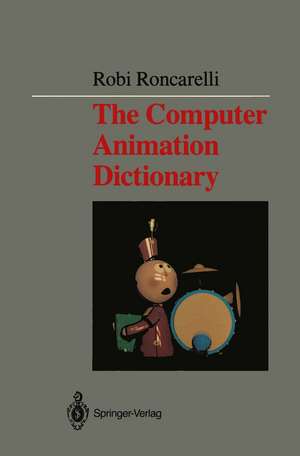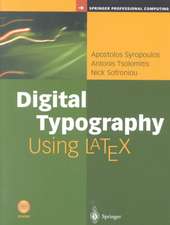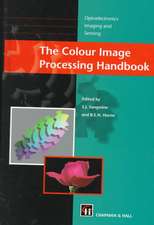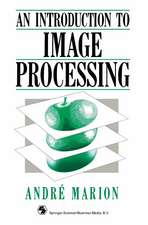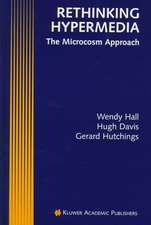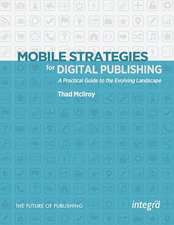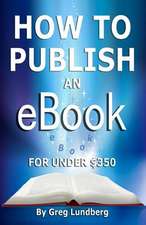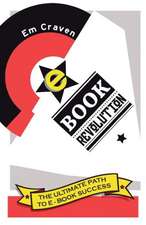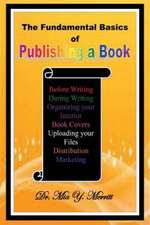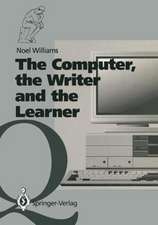The Computer Animation Dictionary: Including Related Terms Used in Computer Graphics, Film and Video, Production, and Desktop Publishing
Autor Robi Roncarellien Limba Engleză Paperback – 8 aug 1989
Preț: 637.56 lei
Preț vechi: 796.95 lei
-20% Nou
Puncte Express: 956
Preț estimativ în valută:
122.01€ • 126.61$ • 101.98£
122.01€ • 126.61$ • 101.98£
Carte tipărită la comandă
Livrare economică 17-31 martie
Preluare comenzi: 021 569.72.76
Specificații
ISBN-13: 9780387970226
ISBN-10: 0387970223
Pagini: 124
Ilustrații: VII, 124 p.
Dimensiuni: 155 x 235 x 7 mm
Greutate: 0.2 kg
Ediția:Softcover reprint of the original 1st ed. 1989
Editura: Springer
Colecția Springer
Locul publicării:New York, NY, United States
ISBN-10: 0387970223
Pagini: 124
Ilustrații: VII, 124 p.
Dimensiuni: 155 x 235 x 7 mm
Greutate: 0.2 kg
Ediția:Softcover reprint of the original 1st ed. 1989
Editura: Springer
Colecția Springer
Locul publicării:New York, NY, United States
Public țintă
ResearchDescriere
Dr AIvy Ray Smith Executive Vice President, Pixar The pOlyglot language of computer animation has arisen piecemeal as a collection of terms borrowed from geometry, film, video, painting, conventional animation, computer graphiCS, computer science, and publishing - in fact, from every older art or science which has anything to do with pictures and picture making. Robi Roncarelli, who has already demonstrated his foresight by formally identifying a nascent industry and addressing his Computer Animation Newsletter to it, here again makes a useful contribution to it by codifying its jargon. My pleasure in reading his dictionary comes additionally from the many historical notes sprinkled throughout and from surprise entries such as the one referring to Zimbabwe. Just as Samuel Johnson's dictionary of the English language was a major force in stabilizing the spelling of English, perhaps this one will serve a similar purpose for computer animation. Two of my pets are "color" for "colour" and "modeling" "modelling", under the rule that the shorter accepted spelling is always preferable. [Robi, are you reading this?] [Yes, AIvy!] Now I commend this book to you, whether you be a newcomer or an oldtimer.
